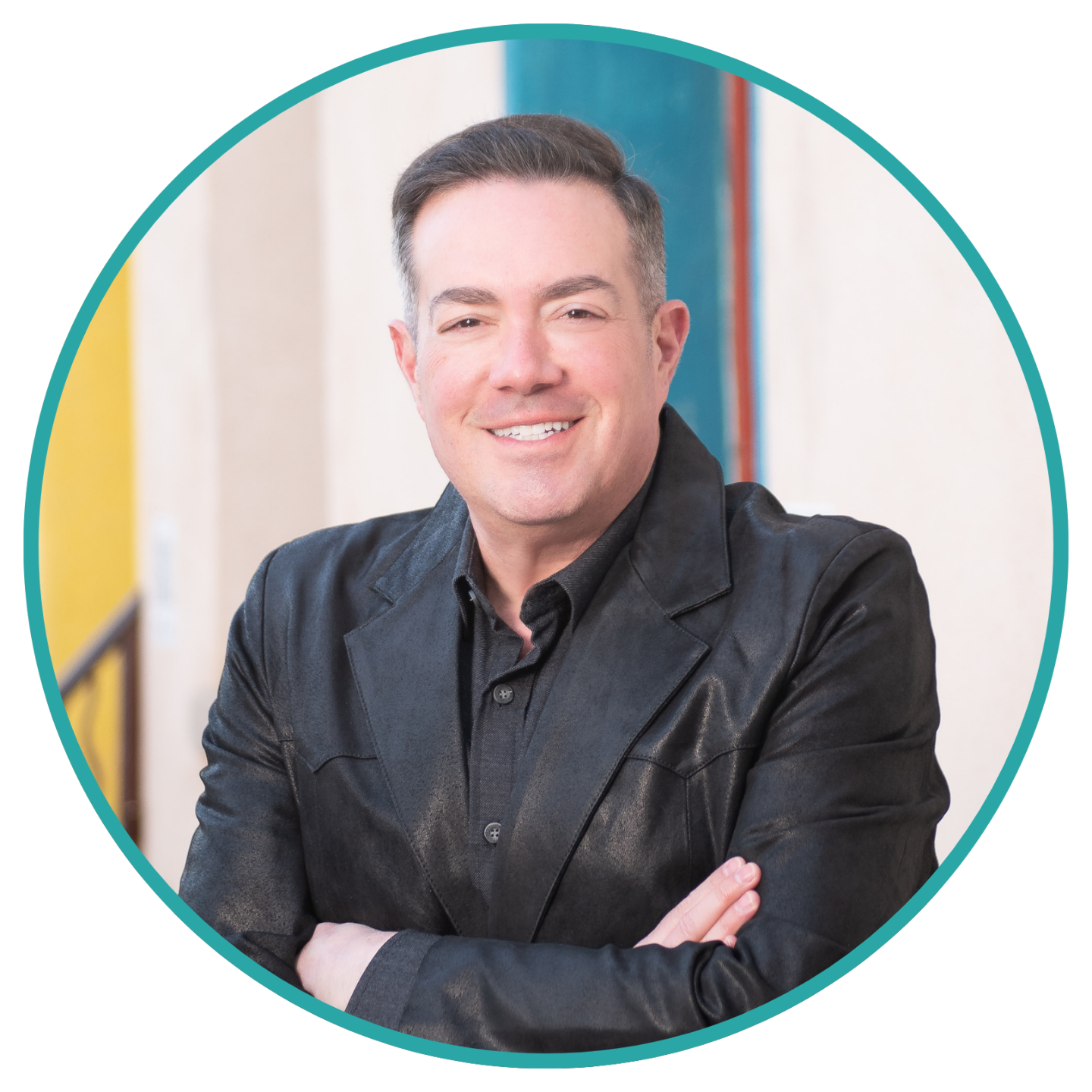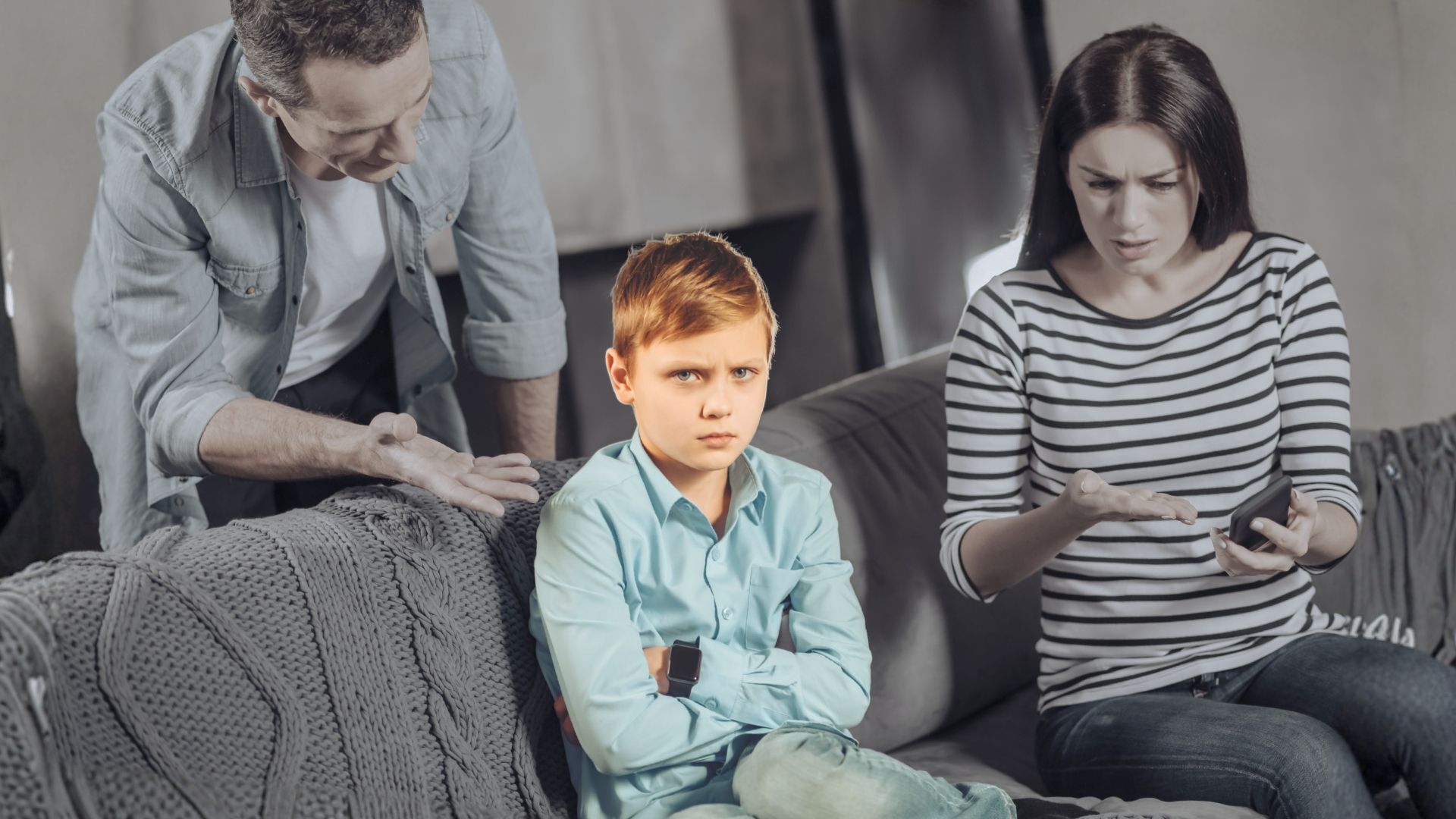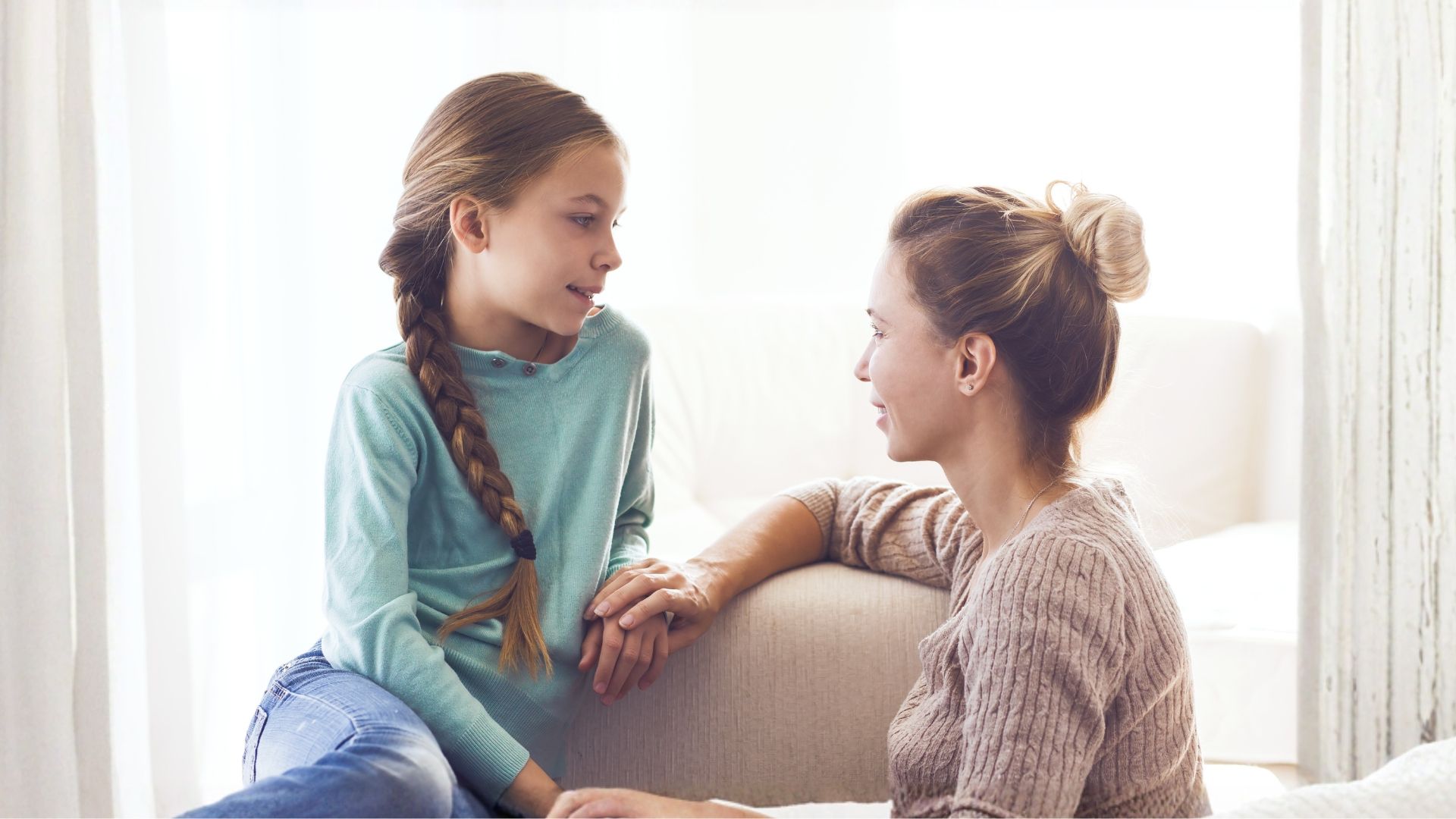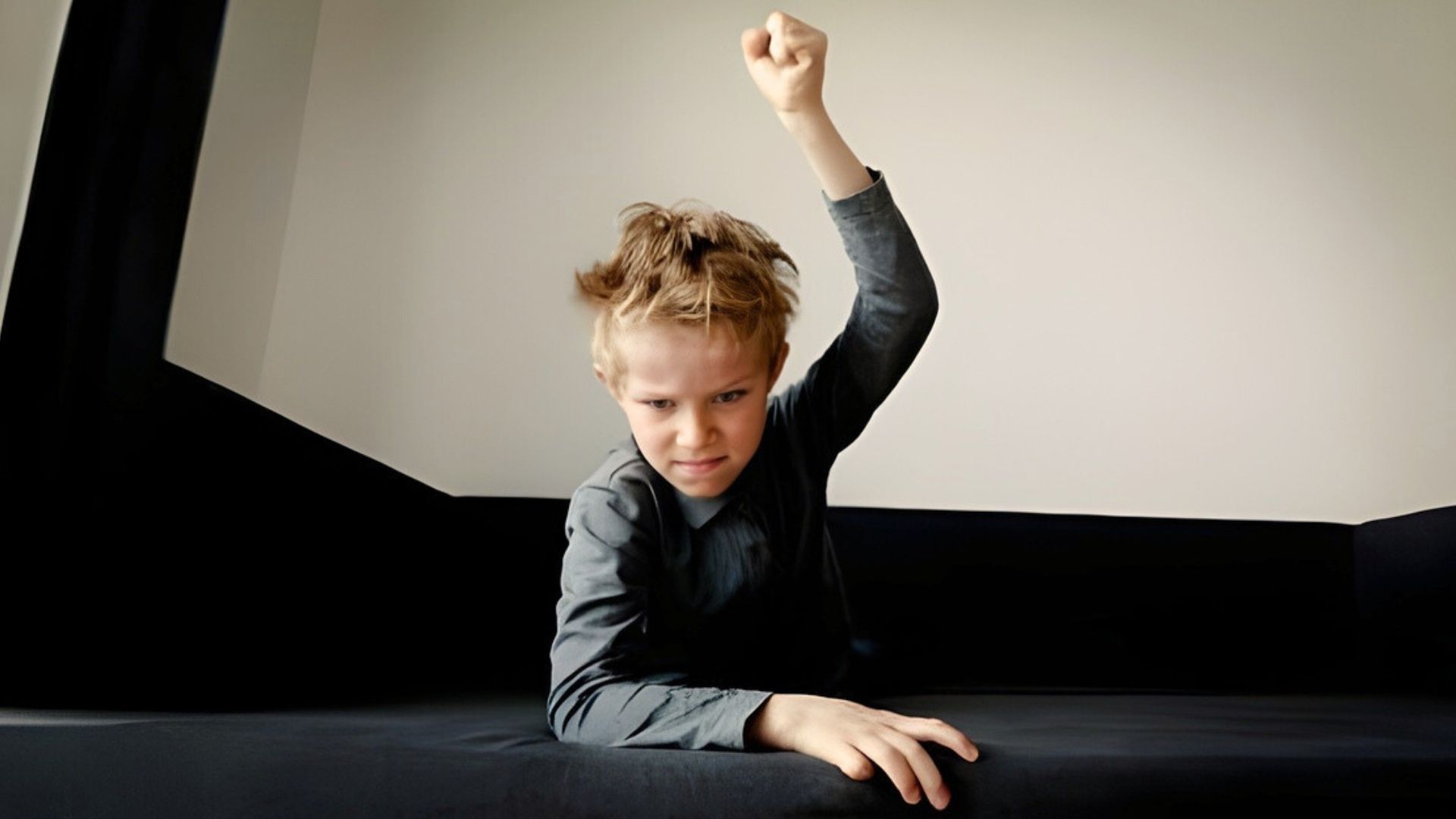What Research Shows Is the Most Effective Treatment for Kids with ADHD | Ryan Wexelblatt, LCSW, ADHD Dude

If you are a parent searching for the most effective treatment for children with ADHD, you have probably come across a confusing mix of advice—some grounded in evidence, much of it not. One of the most misunderstood areas of ADHD treatment is the role of therapy.
Here is the truth that may surprise you:
Talk therapy and play therapy are not evidence-based treatments for kids with ADHD.
This may be difficult to accept, especially if a therapist or school counselor recommended it. However, decades of clinical research, expert consensus, and published treatment guidelines back this statement.
Why Talk Therapy Does Not Work for ADHD in Children
Many therapists mean well when recommending talk therapy or play-based interventions. However, these approaches were not designed to address the core issues of ADHD: executive functioning deficits, emotional dysregulation, and behavioral impulsivity.
According to the American Academy of Pediatrics, the most effective treatment for children with ADHD—particularly under age 12—is behavioral parent training, not therapy focused on emotional insight, play, or feelings. The AAP’s 2019 Clinical Practice Guidelines state that for preschool-aged children (ages 4 to 6), “the first line of treatment should be evidence-based parent and/or teacher-administered behavior therapy” (Wolraich et al., 2019). Even for school-aged children, behavioral strategies are emphasized as foundational interventions.
What Is Behavioral Parent Training?
Behavioral Parent Training (BPT) is a structured, evidence-based intervention that teaches parents how to improve their child’s behavior using consistent expectations, consequences, and positive reinforcement. It is not about blaming parents—it is about equipping them with tools they were likely never taught.
BPT:
-
Helps reduce aggression, defiance, and noncompliance
-
Teaches kids better emotional regulation
-
Builds structure and predictability at home
-
Improves family relationships and reduces stress
These are the exact skills that kids with ADHD need support with—and talk therapy does not build them.
The Society of Clinical Child and Adolescent Psychology, through its site EffectiveChildTherapy.org, ranks ADHD treatments in tiers based on empirical evidence. Treatments that work are placed in Tier 1, and those that are ineffective are listed in Tier 5.
Here is how they break it down:
-
Tier 1 (Works Well): Behavioral parent training, classroom management strategies, and ADHD medication
-
Tier 5 (Tested and Does Not Work): Talk therapy, play therapy, and social skills training
This model was developed through an extensive review of multiple clinical studies. According to the site, “insight-oriented therapy, traditional talk therapy, and play therapy have been tested and found not to improve core ADHD symptoms such as impulsivity, inattention, or behavior regulation” (Society of Clinical Child and Adolescent Psychology, n.d.).
What Dr. Russell Barkley Says
Dr. Russell Barkley, one of the most widely cited researchers in the field of ADHD, has been clear on this point. He writes:
“There is no evidence that insight oriented therapy, play therapy, or traditional talk therapy alters the course of ADHD or improves its symptoms”
(Barkley, 2013, p. 244)
Barkley has spent his career emphasizing that ADHD is a disorder of executive functioning, not a condition rooted in emotional trauma or a lack of self-awareness. Because of this, treatment needs to be skill based and action oriented—not reflective or insight driven.
The Programs I Created to Help Parents
This is why I created two evidence-aligned parent behavior training programs:
-
Capable & Confident – for parents of children ages 4 to 7
-
Scaffolding Better Behavior – for parents of children ages 8 to 17
These programs are designed to help parents step out of reactive patterns and into a structured, effective role. They teach how to set clear expectations, reduce negative behaviors, and build emotional regulation—not just in kids, but in the home environment as a whole.
If You Have Been Misinformed, It Is Not Your Fault
If you have been told that talk therapy or play therapy would help your child with ADHD, and it has not worked, you are not alone, and you are not to blame. Many therapists were trained in outdated models that do not reflect what the research has shown for decades.
Now that you know what the evidence actually supports, you can start using strategies that work—not just in theory, but in real families, with real kids, just like yours.
Your child deserves support that leads to real change—and so do you.
References
Barkley, R. A. (2013). Taking charge of ADHD: The complete, authoritative guide for parents (3rd ed.). New York, NY: Guilford Press.
Society of Clinical Child and Adolescent Psychology. (n.d.). What works for ADHD. Retrieved from https://effectivechildtherapy.org
Wolraich, M. L., Hagan, J. F., Allan, C., Chan, E., Davison, D., Earls, M., ... & Zurhellen, W. (2019). Clinical practice guideline for the diagnosis, evaluation, and treatment of attention deficit/hyperactivity disorder in children and adolescents. Pediatrics, 144(4), e20192528. https://doi.org/10.1542/peds.2019-2528
